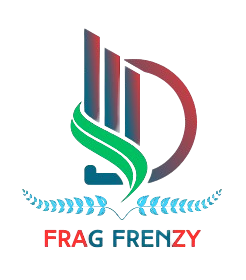In the computerized age, where virtual entertainment stages overwhelm the web-based scene, Facebook remains as a trailblazer, reforming the manner in which individuals interface and offer data. At the core of this upset lies the Facebook Login highlight, a door that permits clients to get to a large number of outsider applications and sites flawlessly. Nonetheless, the excursion of Facebook Login has been set apart by huge achievements, especially in the domains of safety and client experience.
The Introduction of Facebook Login
Facebook Login, initially known as Facebook Interface, made its presentation in 2008, offering clients a helpful method for marking in to outer sites and applications utilizing their Facebook qualifications. This component immediately acquired ubiquity among designers and clients the same, as it dispensed with the need to make and recall various record certifications, consequently smoothing out the login cycle.
Security Difficulties and Advancements
As Facebook Login built up momentum, concerns with respect to client protection and information security arose. Occurrences of information breaks and unapproved admittance to client accounts incited Facebook to upgrade its safety efforts. Throughout the long term, the stage carried out different security conventions, like two-factor verification and OAuth (Open Approval), to shield client information and forestall unapproved access.
Besides, Facebook presented extra highlights like Login Survey, which expects designers to go through an audit cycle prior to getting to delicate client data. This action guarantees that main believed applications can get to client information, consequently relieving the gamble of information abuse.
Client Experience Improvements
Couple with security improvements, Facebook login has persistently centered around further developing the client experience related with Facebook Login. One critical improvement in such manner is the presentation of Record Unit, a component that empowers clients to sign in to applications utilizing just their telephone number or email address, taking out the requirement for a Facebook account.
Besides, Facebook has improved the login stream to limit grating and upgrade ease of use. Elements, for example, Single Sign-On (SSO) and Social Modules permit clients to sign in with a solitary snap, decreasing the time and exertion expected to get to outsider administrations.
Future Headings and Advancements
Looking forward, Facebook stays focused on propelling the abilities of Facebook Login while focusing on client protection and security. The stage keeps on investigating creative validation techniques, for example, biometric verification and decentralized personality arrangements, to offer clients safer and helpful login choices.
In addition, Facebook is effectively teaming up with industry accomplices and administrative bodies to lay out norms and best practices for verification and information assurance. By cultivating cooperation and embracing arising advances, Facebook expects to set new benchmarks for login security and client experience in the computerized scene
